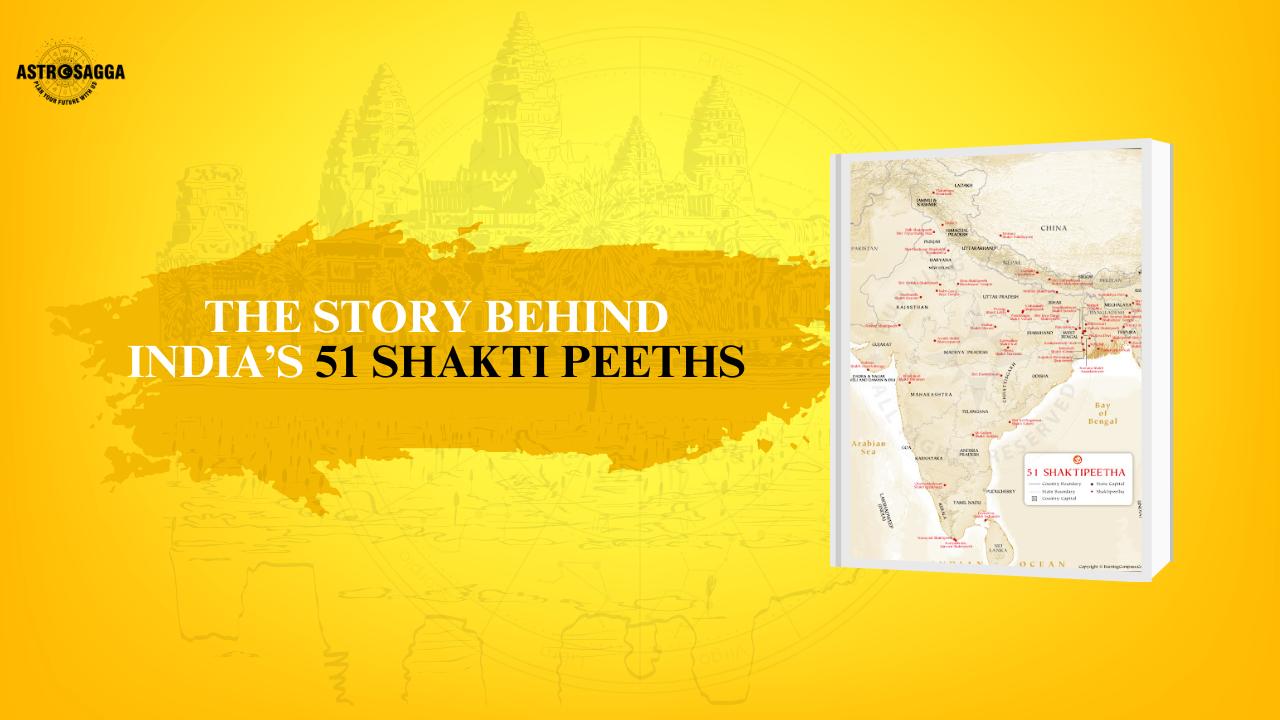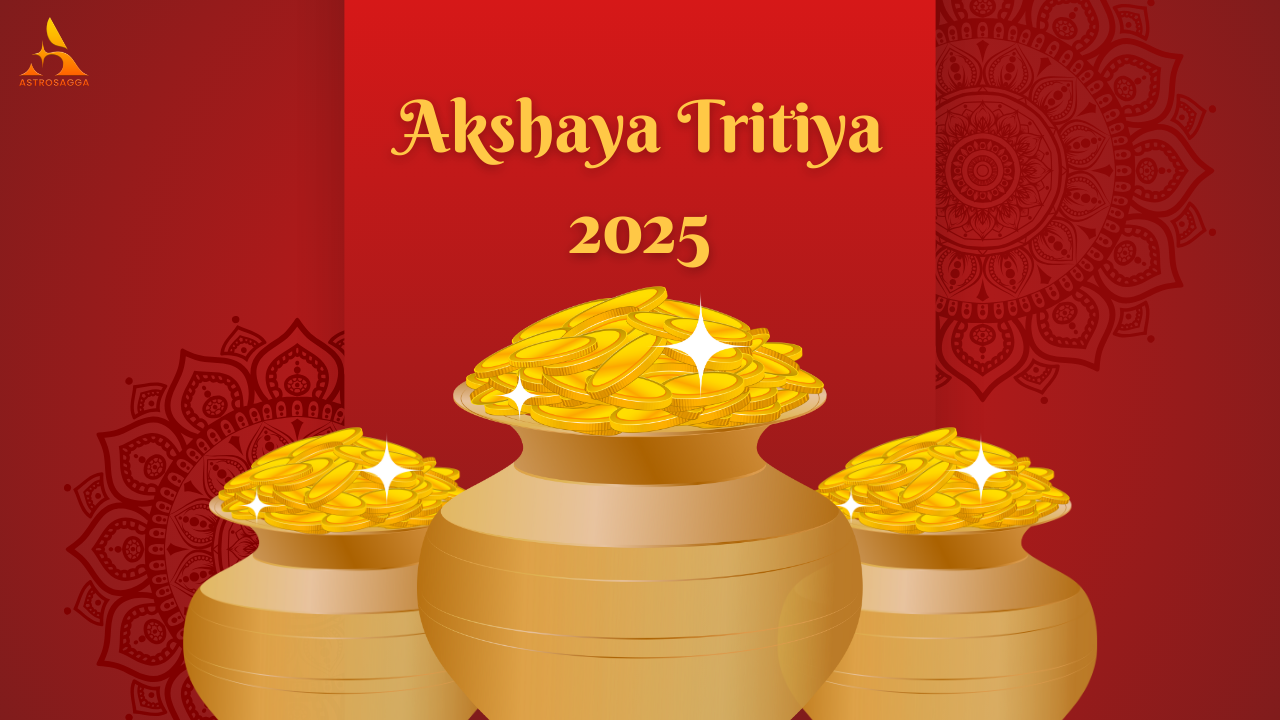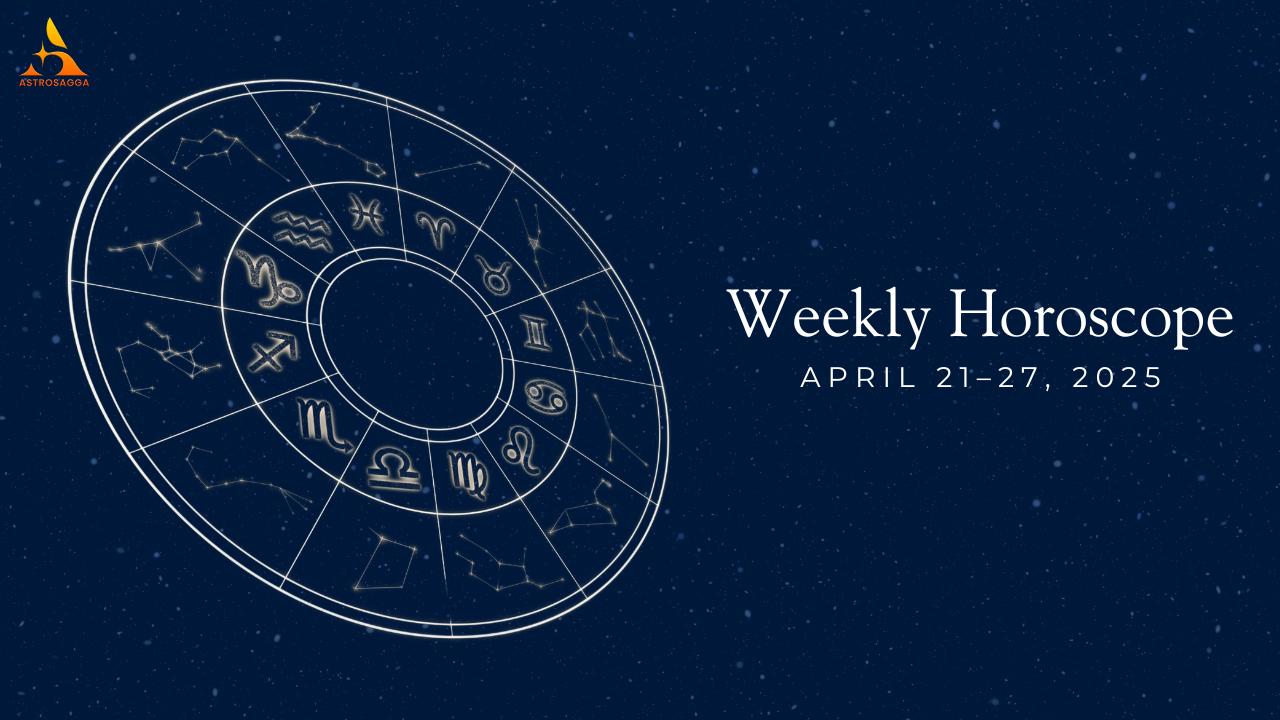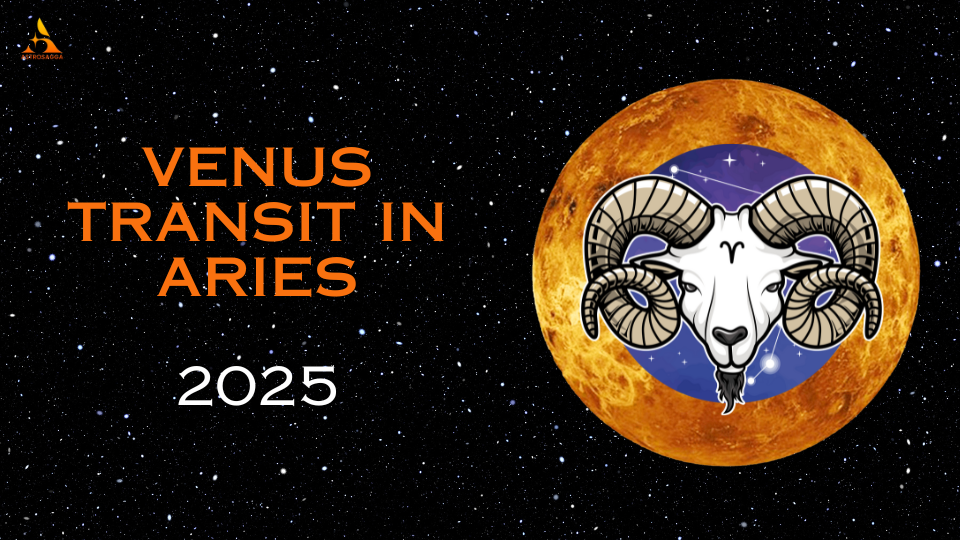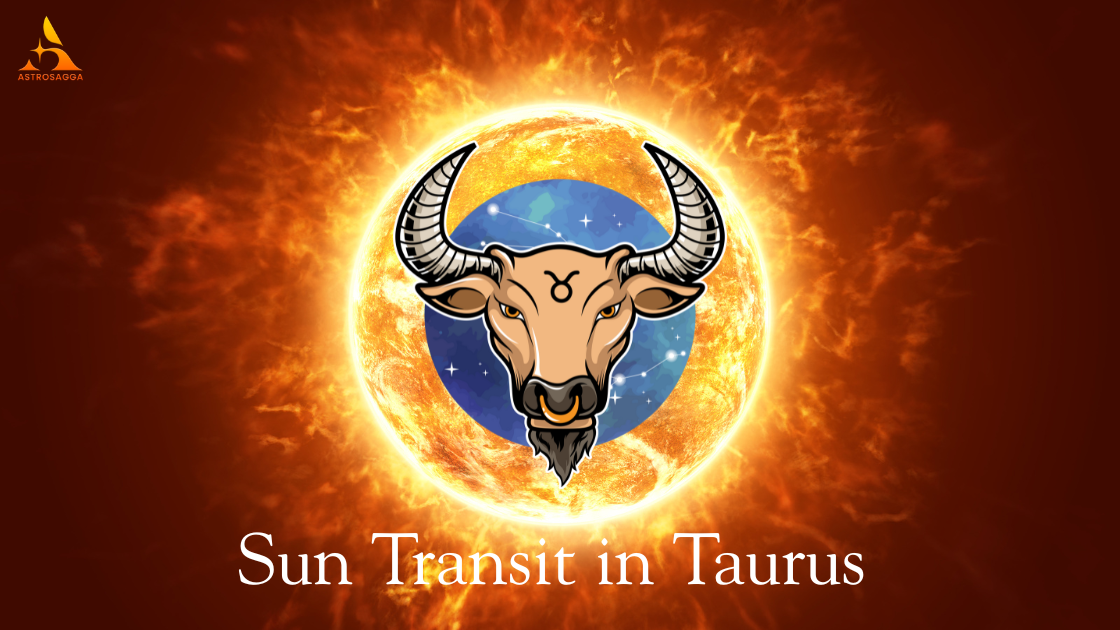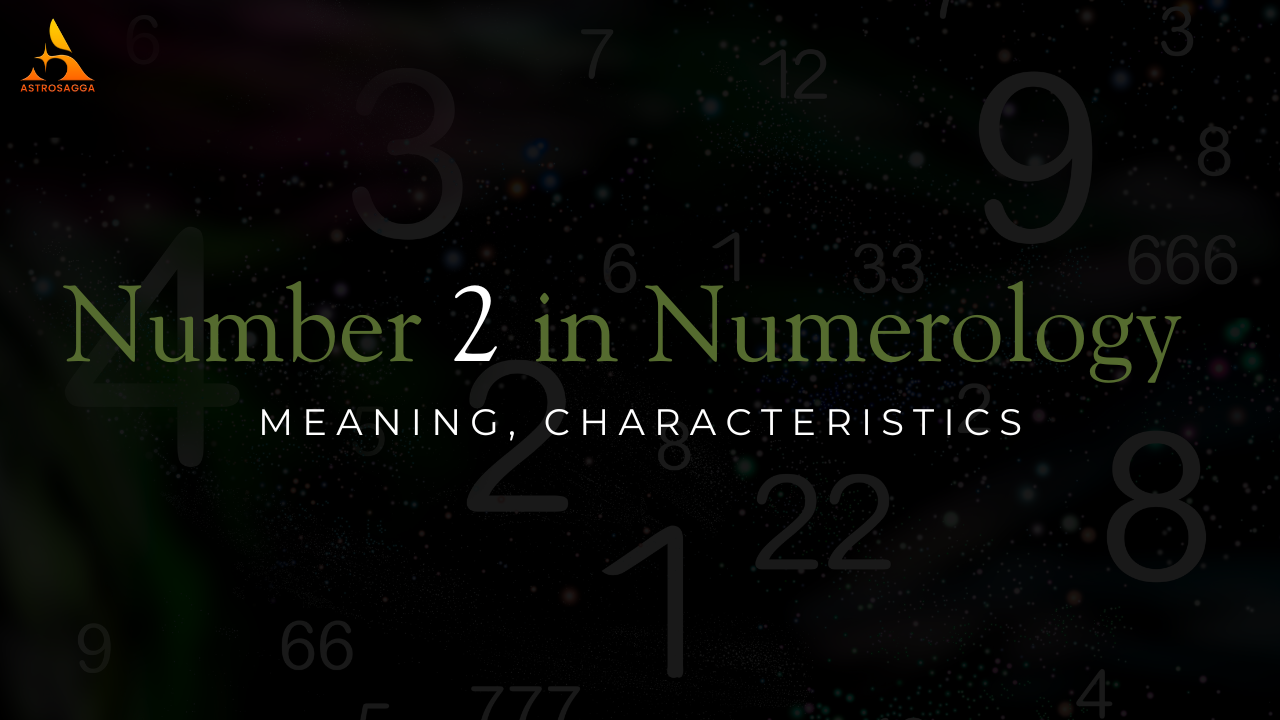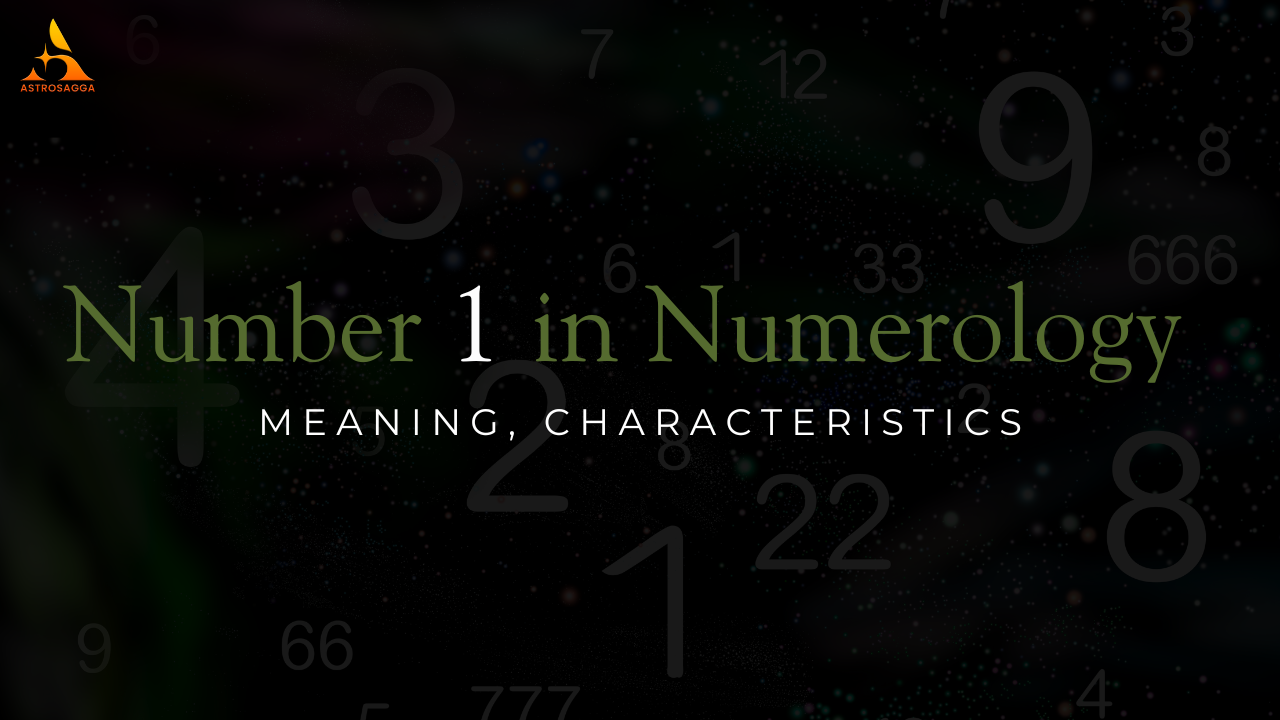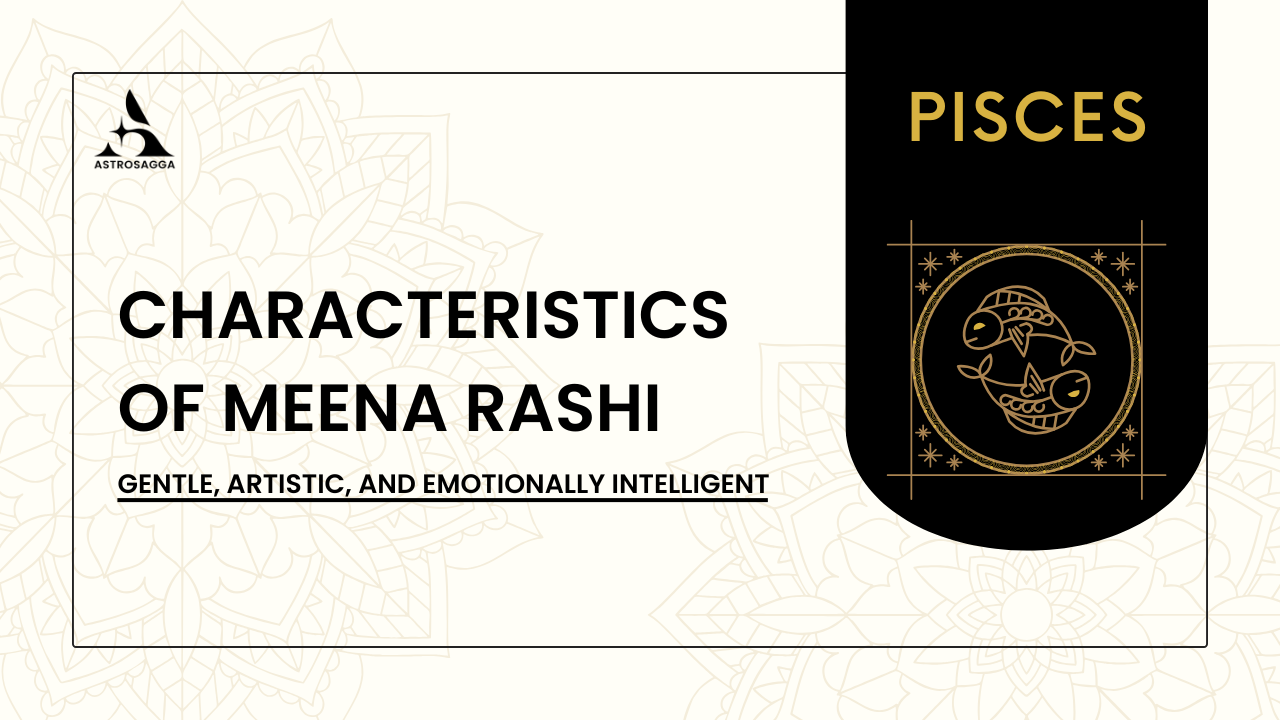Shakti Peeths are revered as sacred shrines of Goddess Shakti, symbolizing the divine feminine energy and power. These places are where different body parts of Goddess Sati fell when Lord Shiva carried her lifeless body across the universe after her self-immolation during Daksha’s Yagna. These sites are spread across India and neighboring countries, each imbued with immense spiritual energy. According to ancient texts like the Shiva Purana and Devi Bhagavata Purana, these 51 Shakti Peeths hold great importance for devotees seeking the blessings of the goddess.
Origin of Shakti Peeths in Indian Scriptures
The origin of the Shakti Peeths is connected to the sacred event of Daksha Yagna, as mentioned in the Shiva Purana, Devi Bhagavata Purana, and Kalika Purana. Sati, the daughter of King Daksha, married Lord Shiva, much to the displeasure of her father. When Daksha organized a grand yagna, he deliberately did not invite Lord Shiva. Unable to bear the disrespect shown to her husband, Sati sacrificed herself in the sacred fire.
Upon learning of her death, Lord Shiva, in immense grief, carried her body across the world. In order to calm Shiva’s sorrow and prevent destruction, Lord Vishnu used his Sudarshan Chakra to cut Sati's body into pieces. These pieces fell on Earth, and each location where a part of Sati fell became known as a Shakti Peeth.
The 51 Shakti Peeths and Their Significance
Each Shakti Peeth is associated with a specific part of Sati’s body and a form of Shakti (Goddess) along with her corresponding Bhairava (a form of Shiva). Visiting these shrines is believed to bring divine blessings, spiritual enlightenment, and protection.
Here is a list of the 51 Shakti Peeths, along with the part of Sati’s body that is believed to have fallen there:
Kalighat (West Bengal) – Right Toe
Kamakhya Devi (Assam) – Yoni (Womb)
Jwalamukhi (Himachal Pradesh) – Tongue
Mahalakshmi (Maharashtra) – Eyes
Vishalakshi (Varanasi, Uttar Pradesh) – Earring
Naina Devi (Himachal Pradesh) – Eyes
Tara Tarini (Odisha) – Breasts
Chhinnamasta (Jharkhand) – Head
Mangal Chandika (Bihar) – Forehead
Vindhyavasini (Uttar Pradesh) – Back
Sundari Devi (Nepal) – Teeth
Shondesh (Bangladesh) – Right Hand
Sugandha (Bangladesh) – Nose
Karavira (Maharashtra) – Three Eyes
Shriparvata (Andhra Pradesh) – Right Anklet
Vimala (Puri, Odisha) – Navel
Katyayani (Vrindavan, Uttar Pradesh) – Hair
Sharada (Madhya Pradesh) – Neck
Bahula (West Bengal) – Left Arm
Kalipeeth (Bangladesh) – Left Leg
Manikyamba (Andhra Pradesh) – Left Cheek
Bhramaramba (Srisailam, Andhra Pradesh) – Throat
Dakshina Kalika (West Bengal) – Fingers
Guhyeshwari (Nepal) – Knees
Hinglaj Mata (Pakistan) – Brahmarandhra (Top of the Head)
Kankalitala (West Bengal) – Hip
Tripura Sundari (Tripura) – Right Foot
Lalita Devi (Uttar Pradesh) – Hair
Sthaneshwari (Haryana) – Right Arm
Jayanti (West Bengal) – Left Thigh
Phullara Devi (West Bengal) – Lips
Bagalamukhi (Madhya Pradesh) – Left Hand
Ratnavali (Bangladesh) – Right Shoulder
Janardhan (Tamil Nadu) – Shoulder
Maa Shaktipeeth Amarnath (Jammu & Kashmir) – Throat
Kamrudheshwari (Karnataka) – Finger
Jalpa Devi (West Bengal) – Right Foot
Kireet (Odisha) – Crown of Head
Attahasa (West Bengal) – Lips
Muktakeshi (Tamil Nadu) – Hair
Kanyakumari (Tamil Nadu) – Spine
Siddheshwari (Maharashtra) – Left Ankle
Mahur (Maharashtra) – Left Breast
Baidyanath (Jharkhand) – Heart
Harsiddhi (Madhya Pradesh) – Elbow
Ujjain (Madhya Pradesh) – Elbow
Shuchindram (Tamil Nadu) – Teeth
Kashmira (Jammu & Kashmir) – Eyes
Kurukshetra (Haryana) – Ankle
Nandipur (Bangladesh) – Teeth
Tripura Bhairavi (Tripura) – Left Leg
Spiritual Significance of Shakti Peeths
Each Shakti Peeth holds immense spiritual significance, representing the divine energy of Shakti in different forms. Devotees believe that these sacred shrines are filled with powerful vibrations that can remove obstacles, grant wishes, and provide spiritual growth. The connection between Shakti and Bhairava at these places also symbolizes the balance of the universe, where feminine and masculine energies unite.
In various scriptures, including the Devi Bhagavata Purana, it is emphasized that the Shakti Peeths are places of worship where devotees can invoke the blessings of the goddess and experience a heightened sense of divinity.
Read Also - Seva: Selfless Service in Spiritual Growth
Rituals and Festivals at Shakti Peeths
Throughout the year, devotees visit these Shakti Peeths to offer prayers and perform rituals. One of the most important festivals celebrated at these temples is Navaratri, during which the divine energy of Shakti is believed to be at its peak. The temples become a center of grand celebrations, with devotees chanting hymns, offering prayers, and seeking blessings from the goddess.
Many pilgrims also undertake yatras (pilgrimages) to visit these shrines, fasting and offering special prayers to receive the goddess's grace. It is believed that visiting these temples can help one overcome life’s difficulties and fulfill desires.
Conclusion: Shakti Peeths as Pillars of Divine Power
The Shakti Peeths are not just temples; they are spiritual centers that symbolize the eternal power of the goddess. Each of these 51 locations reflects the deep connection between the human soul and the divine feminine energy, offering devotees a path to spiritual enlightenment, inner peace, and divine blessings. These sacred seats of power will continue to inspire devotion and reverence for centuries to come, standing as eternal symbols of Shakti’s presence in the world.


